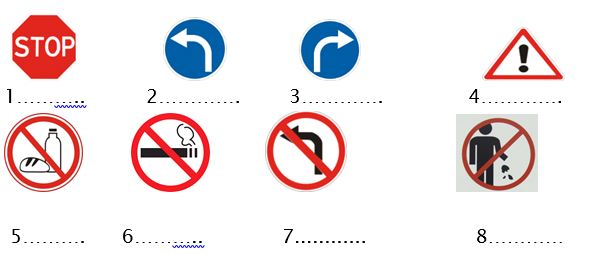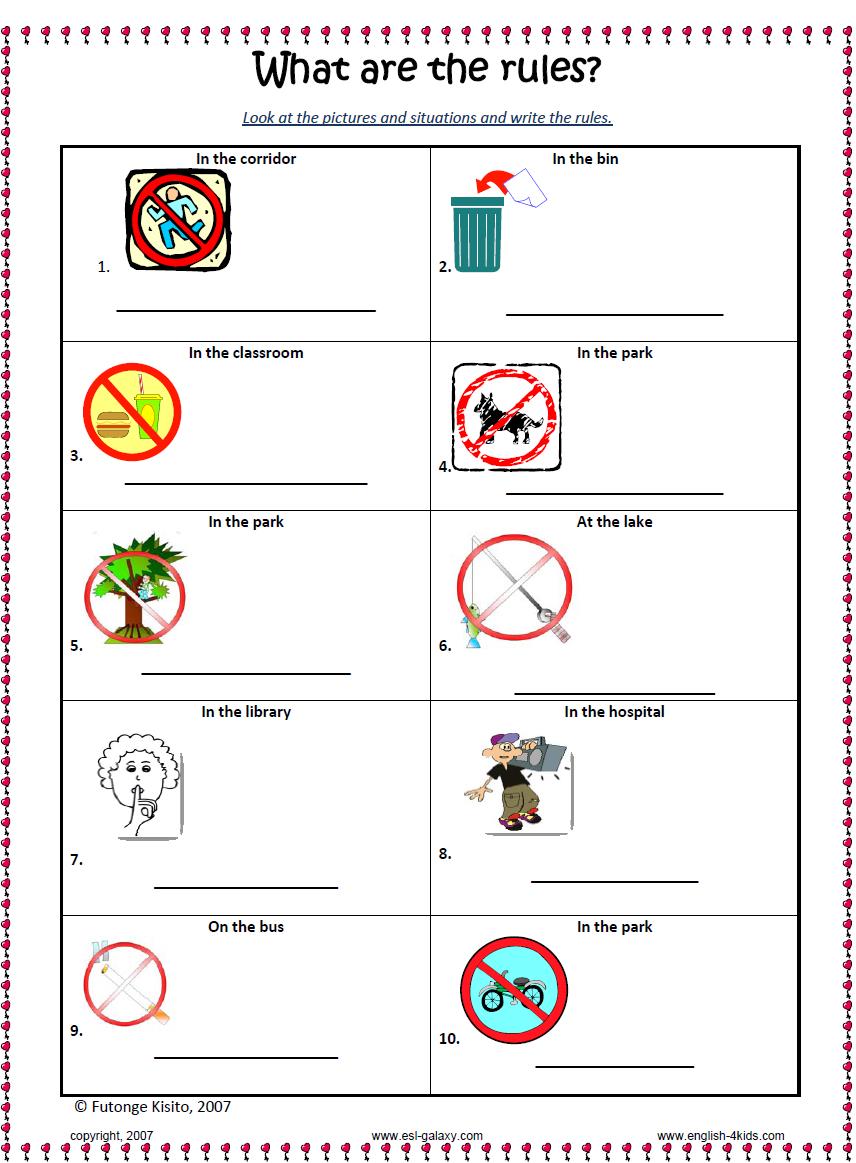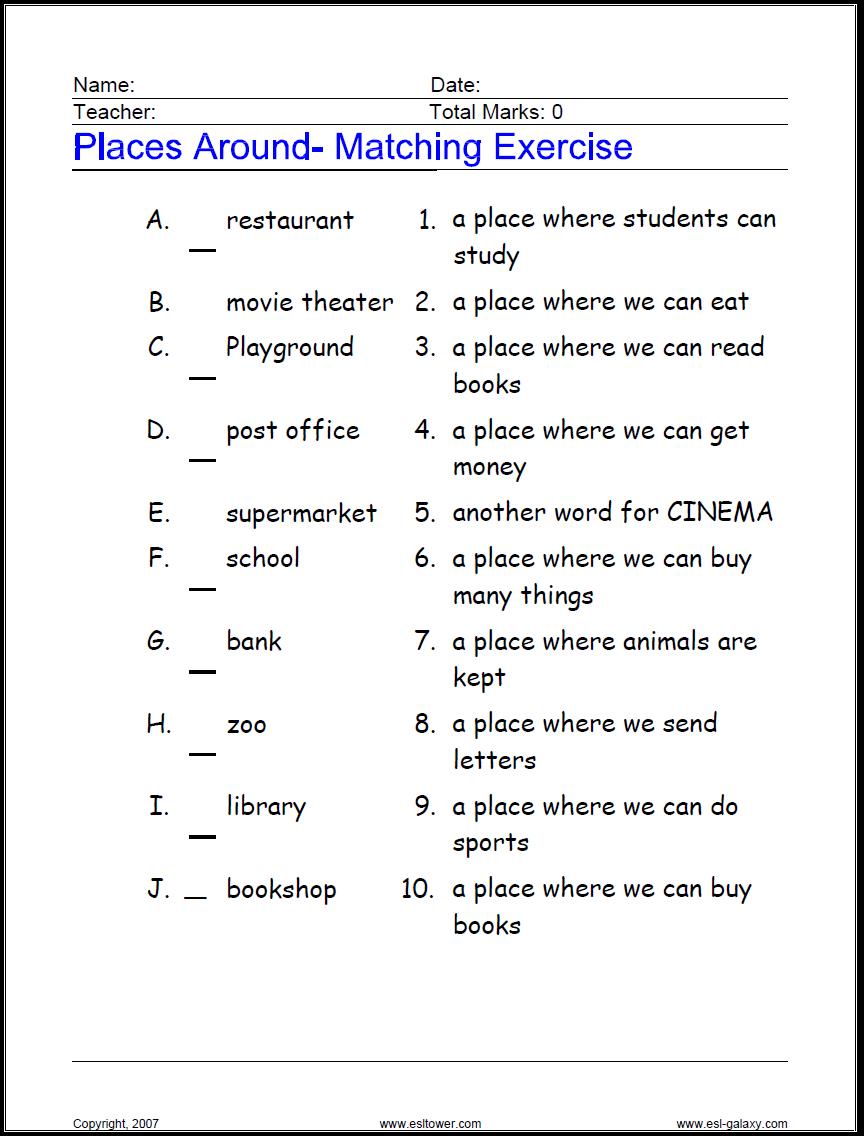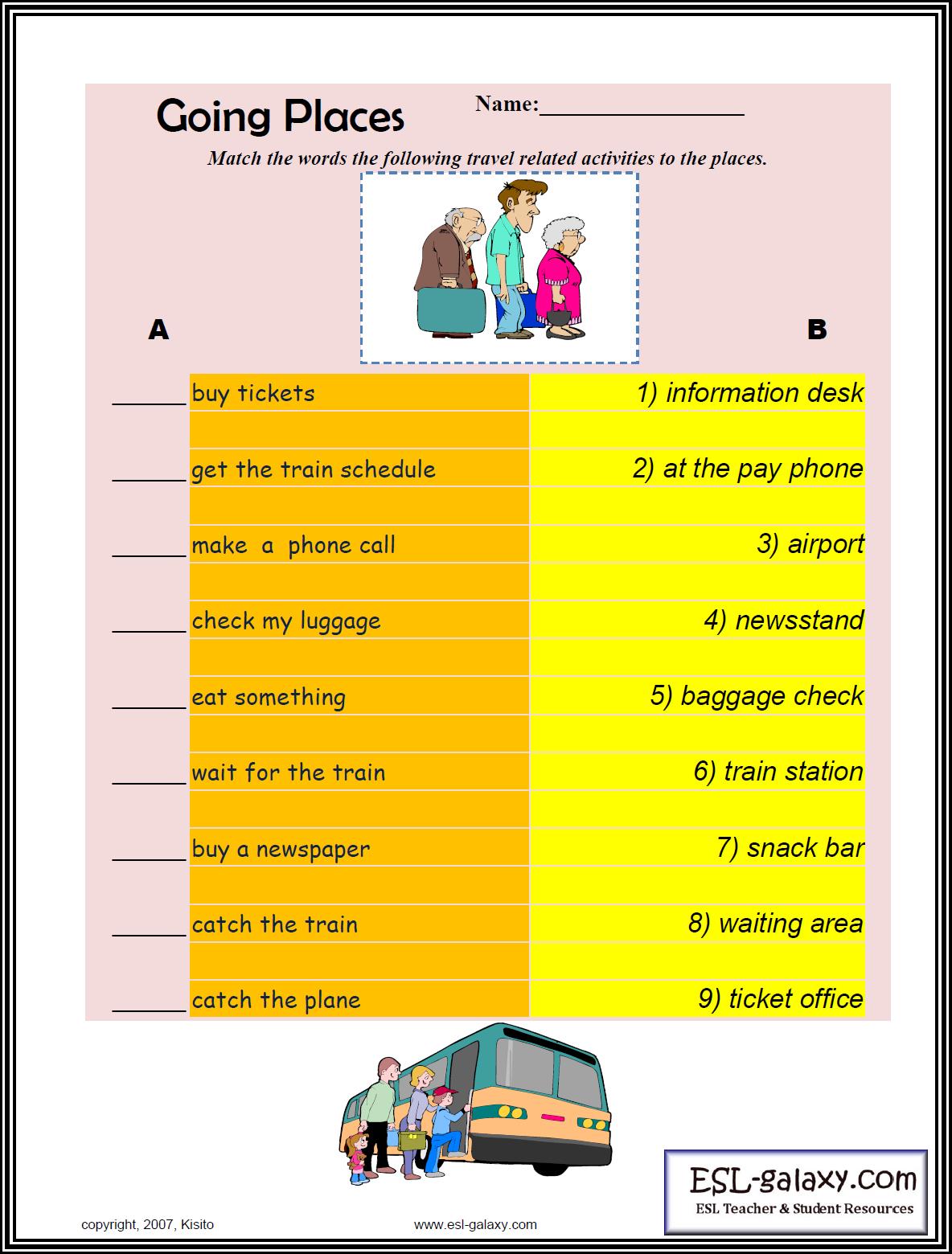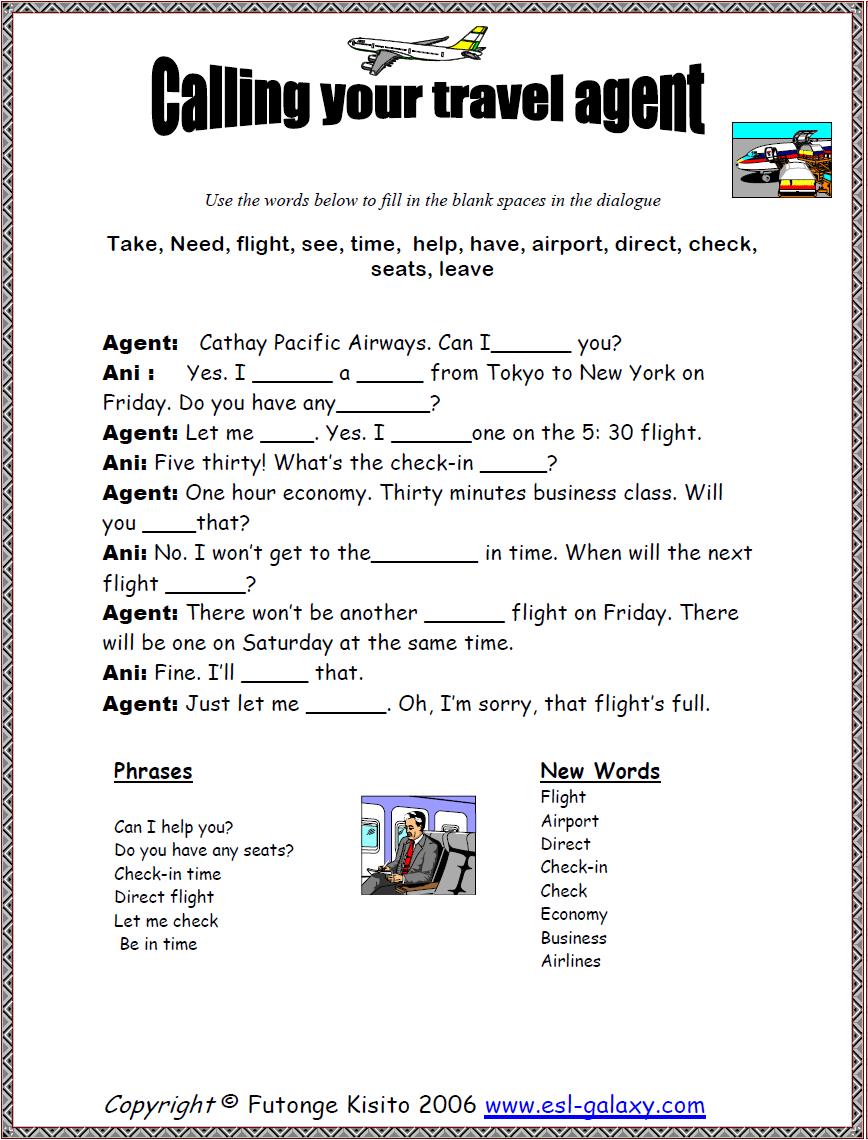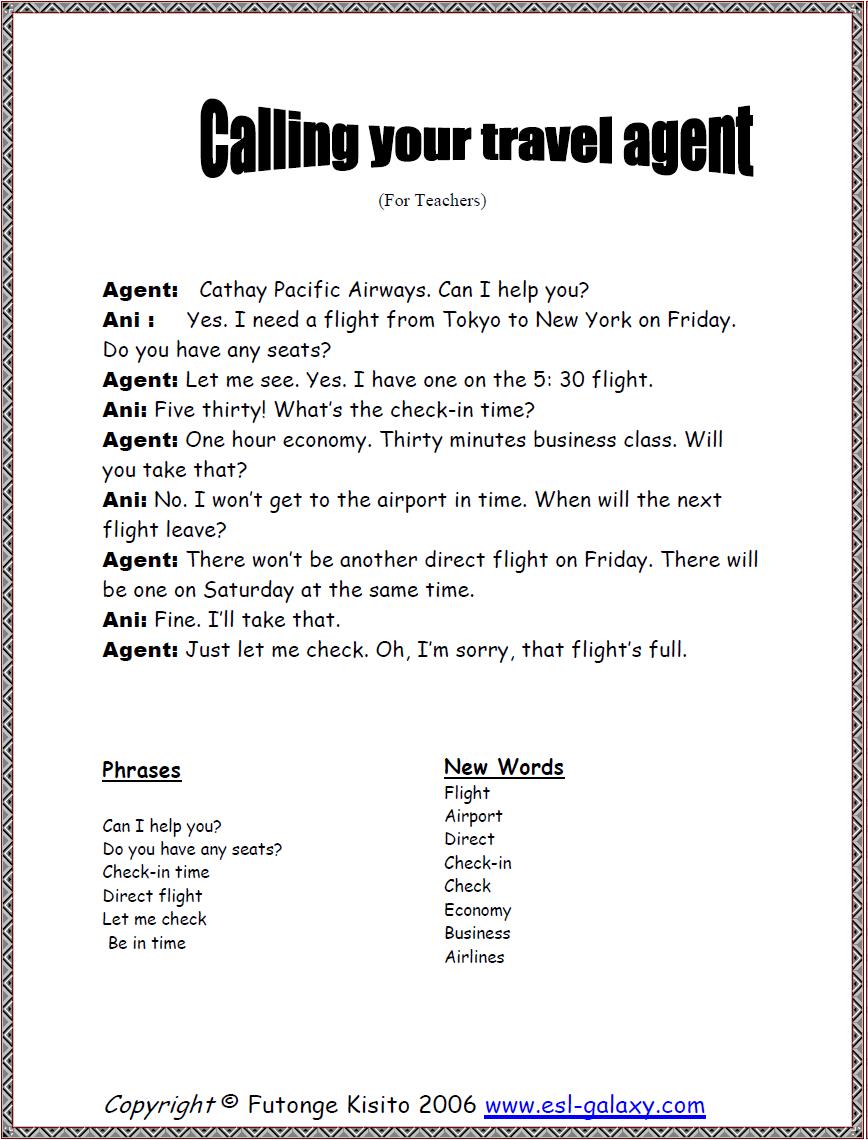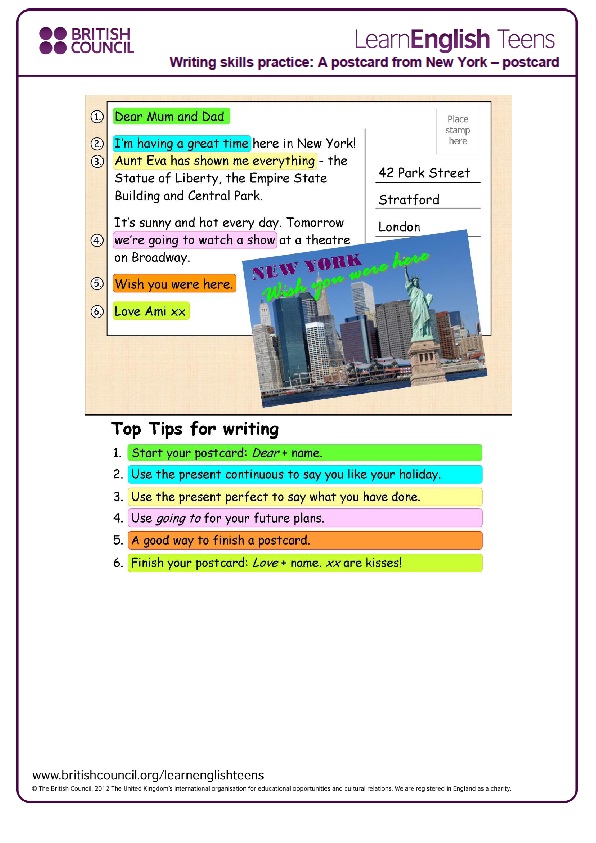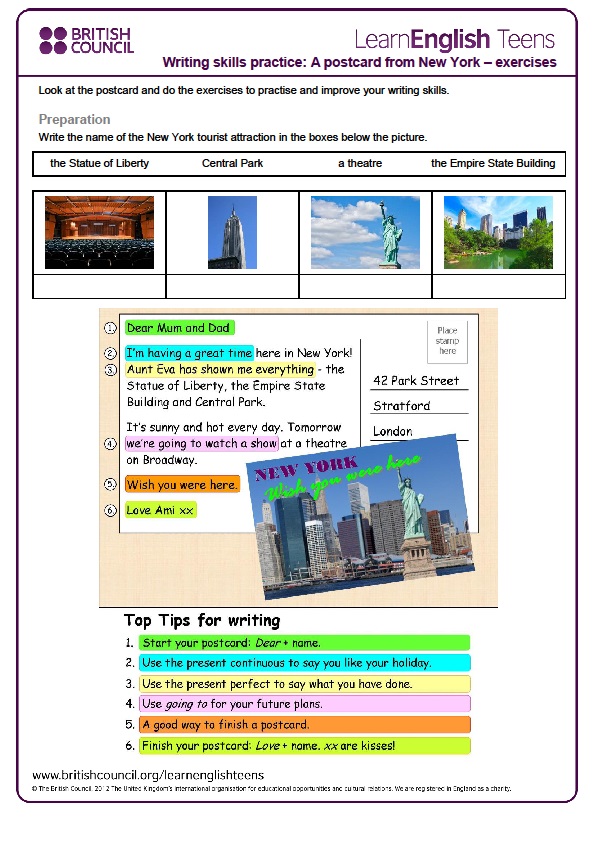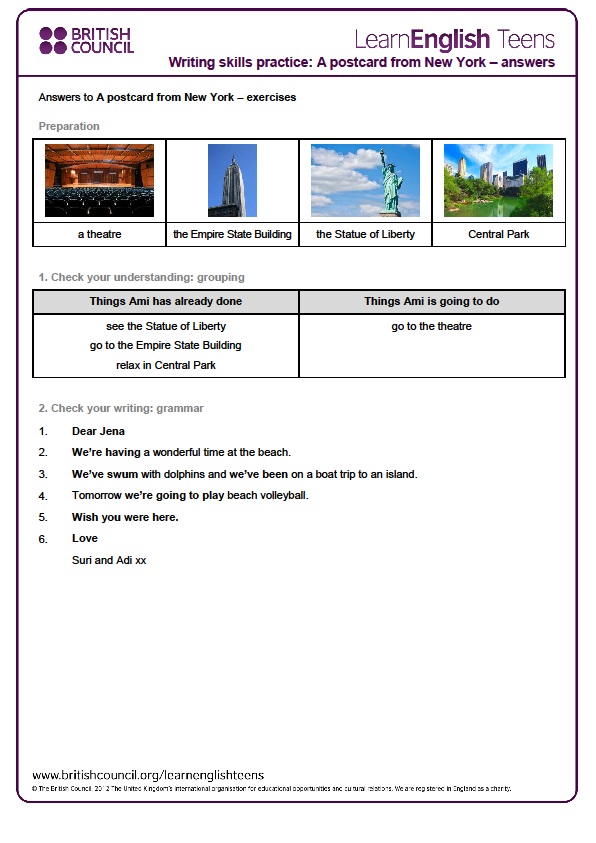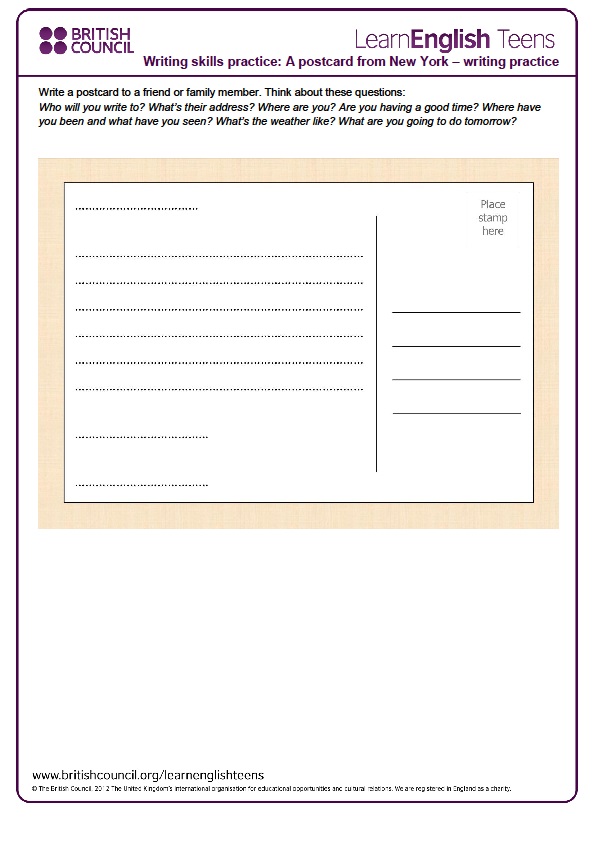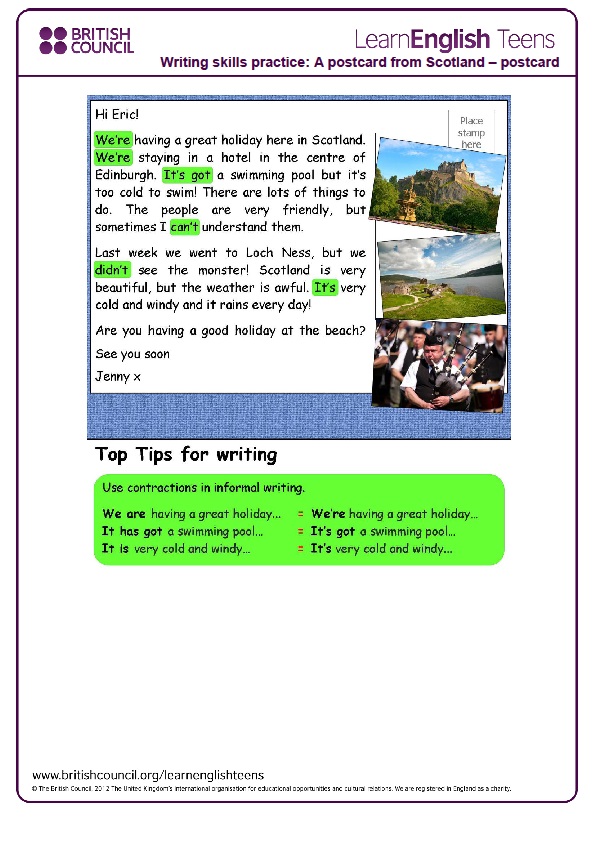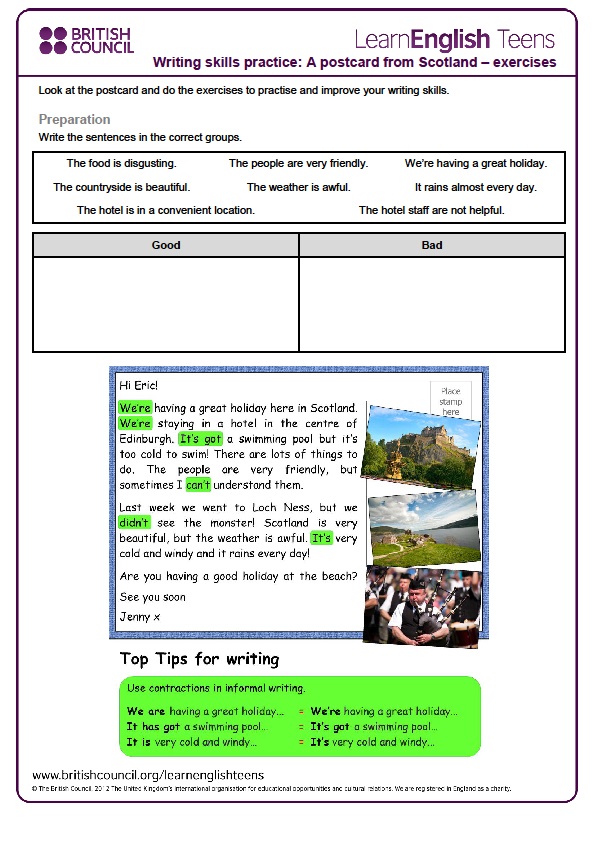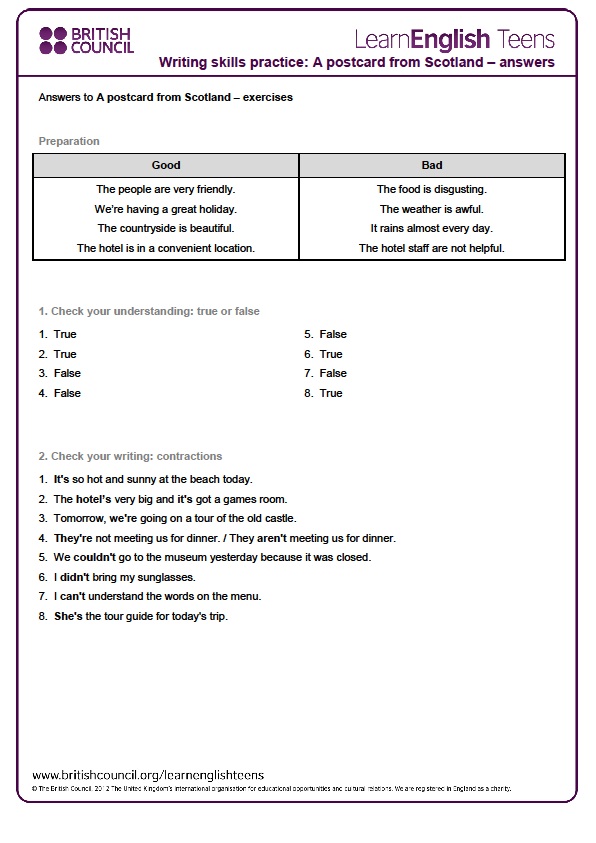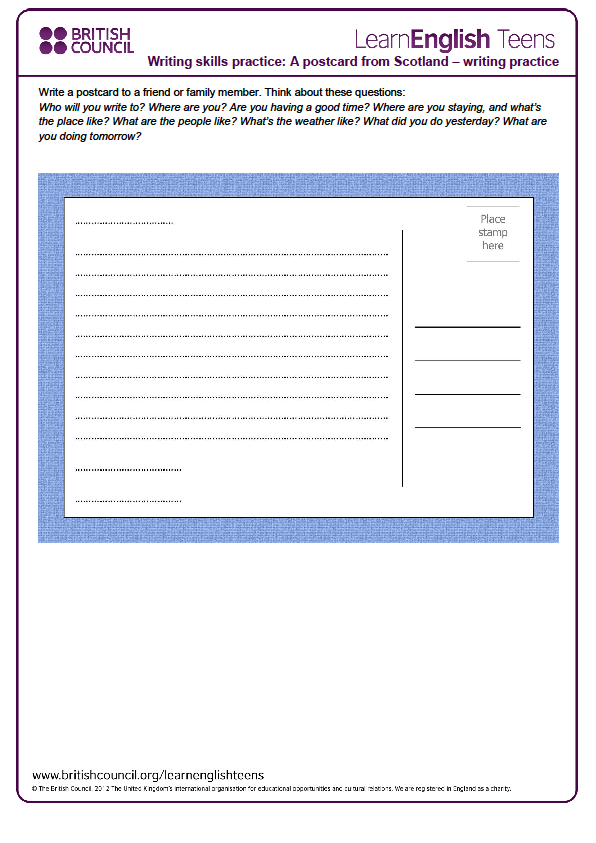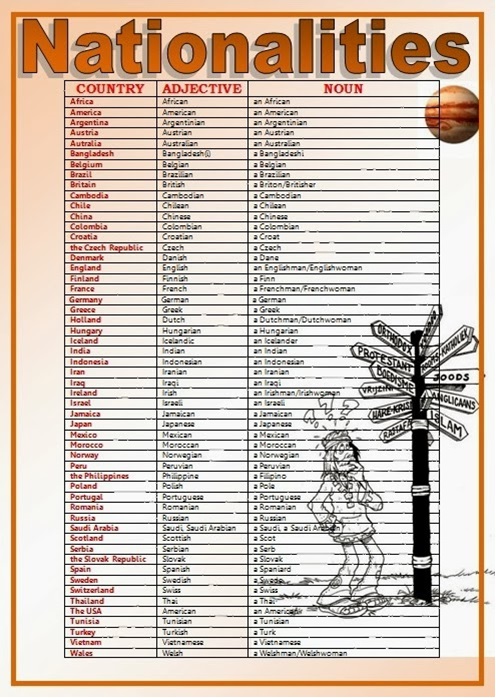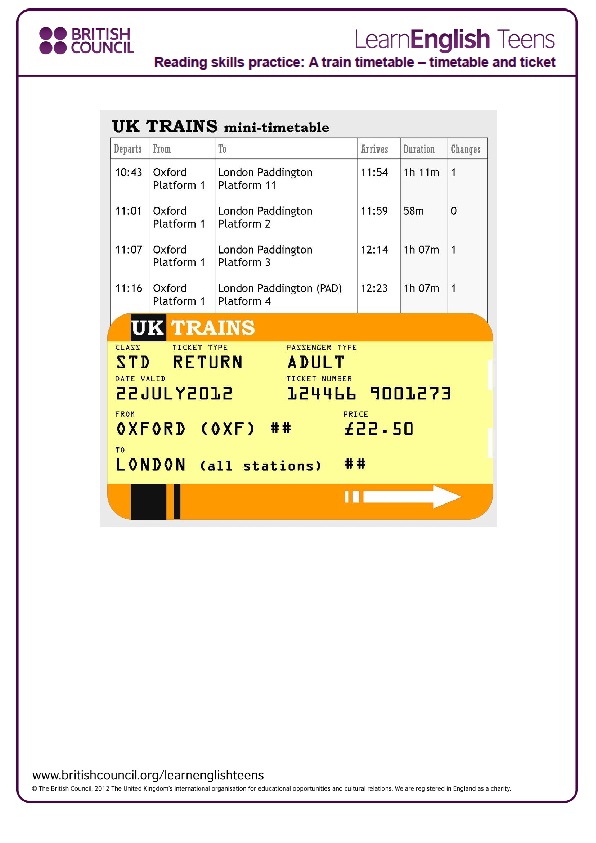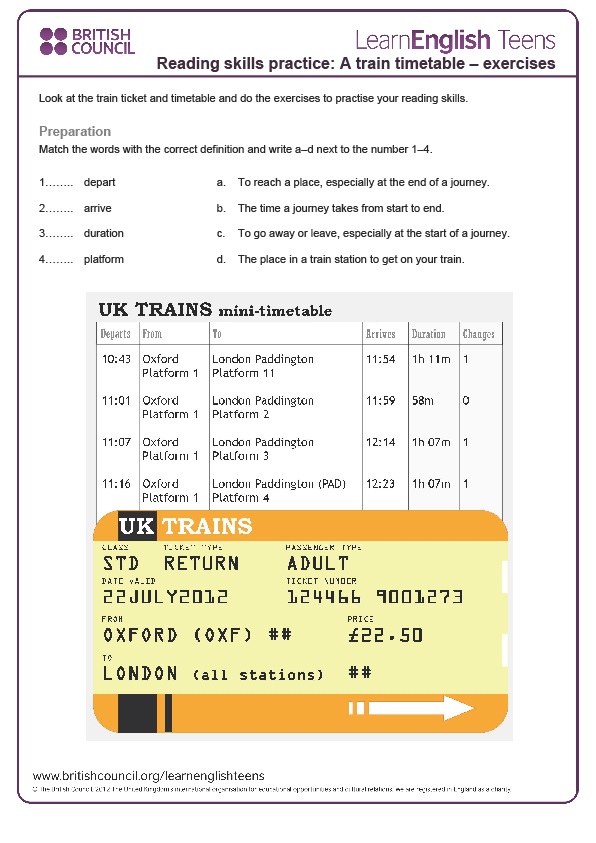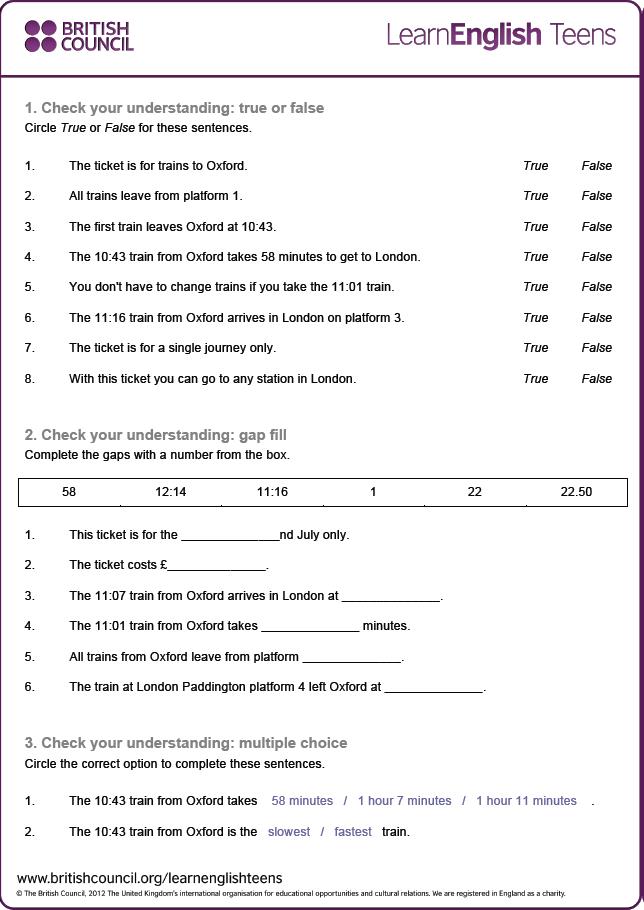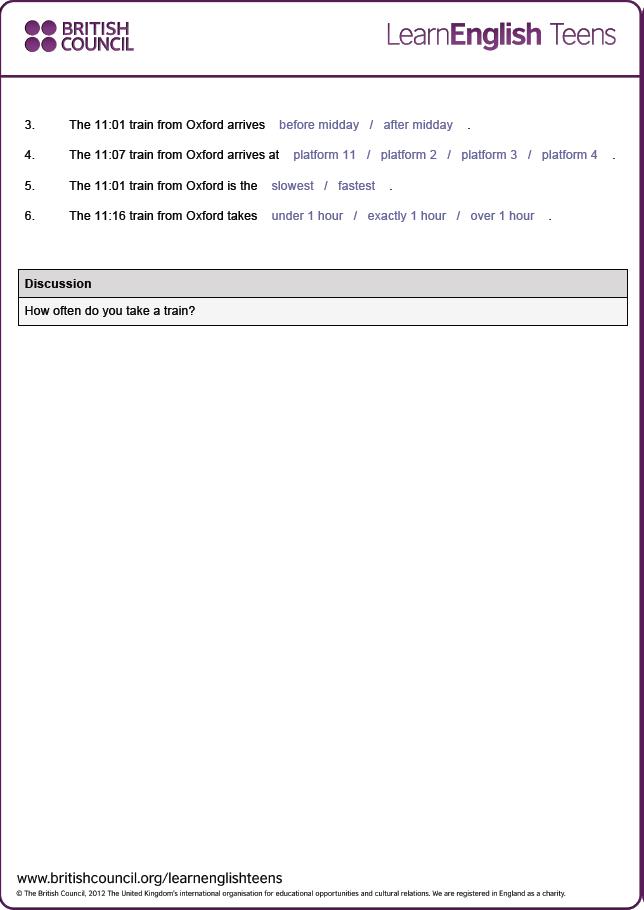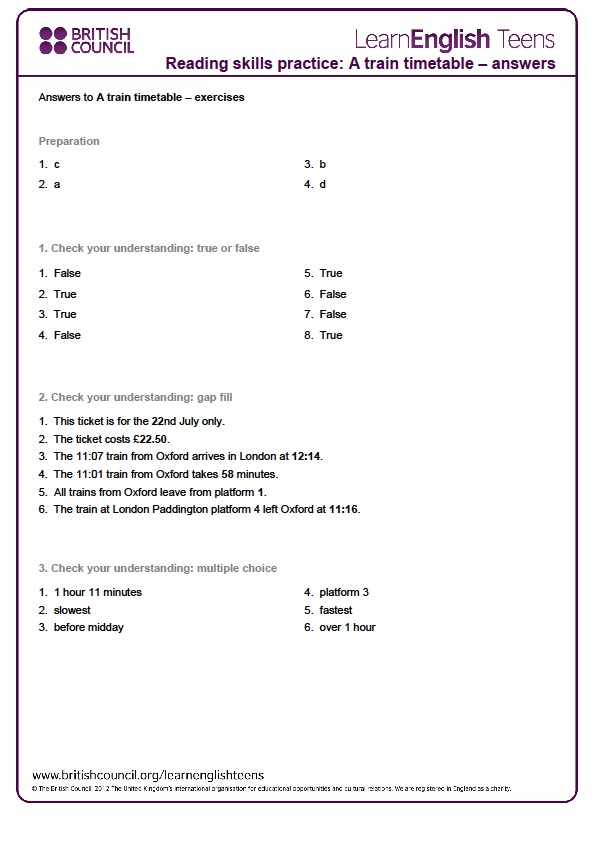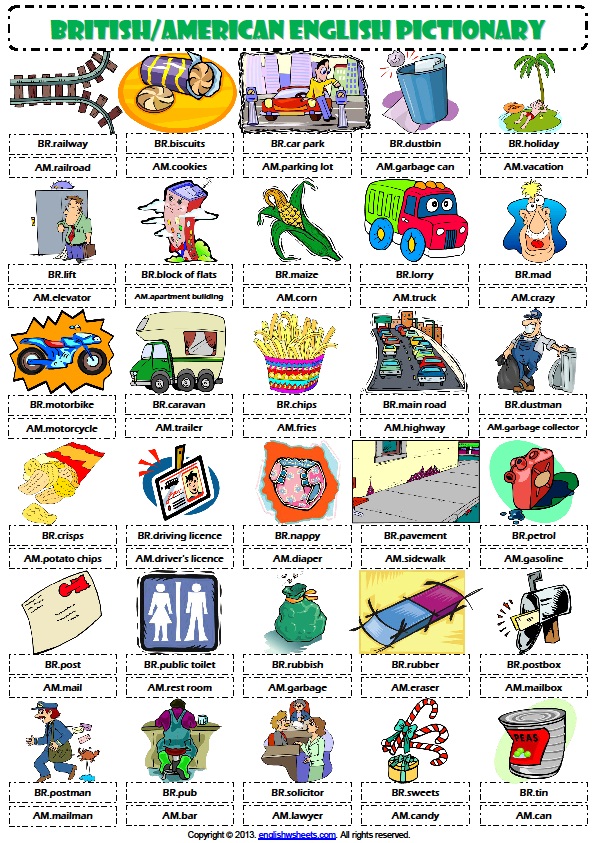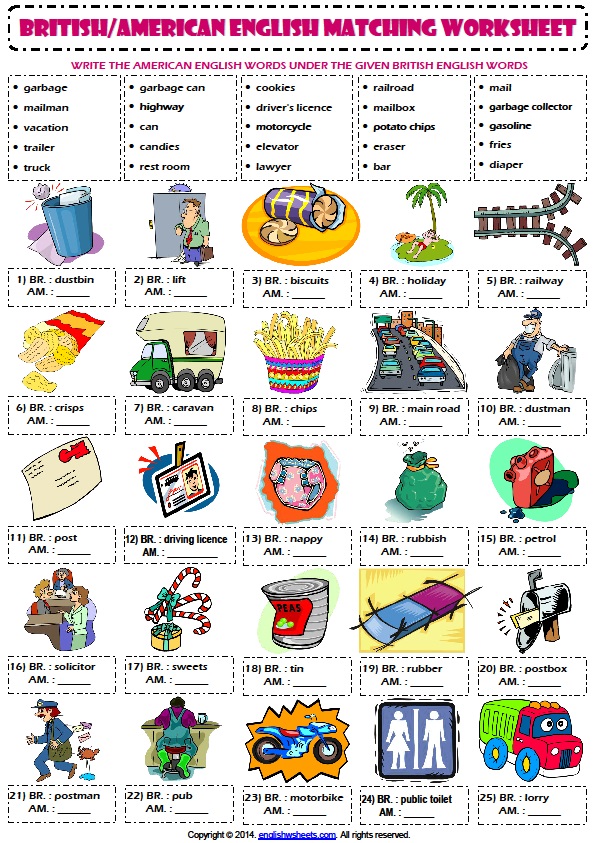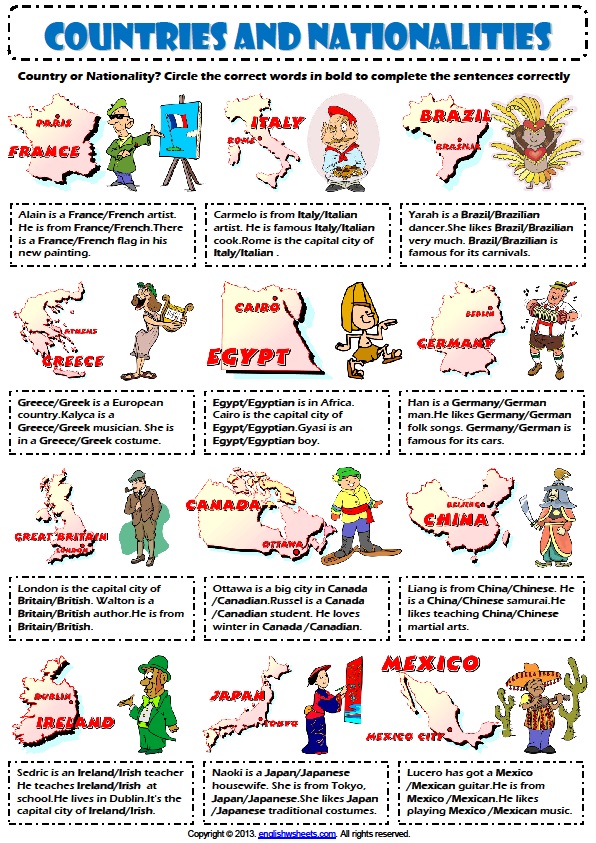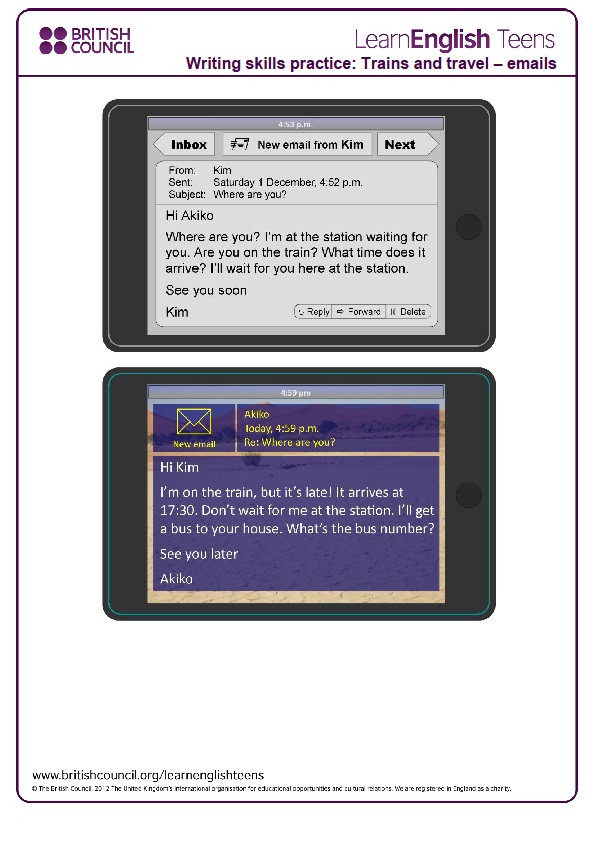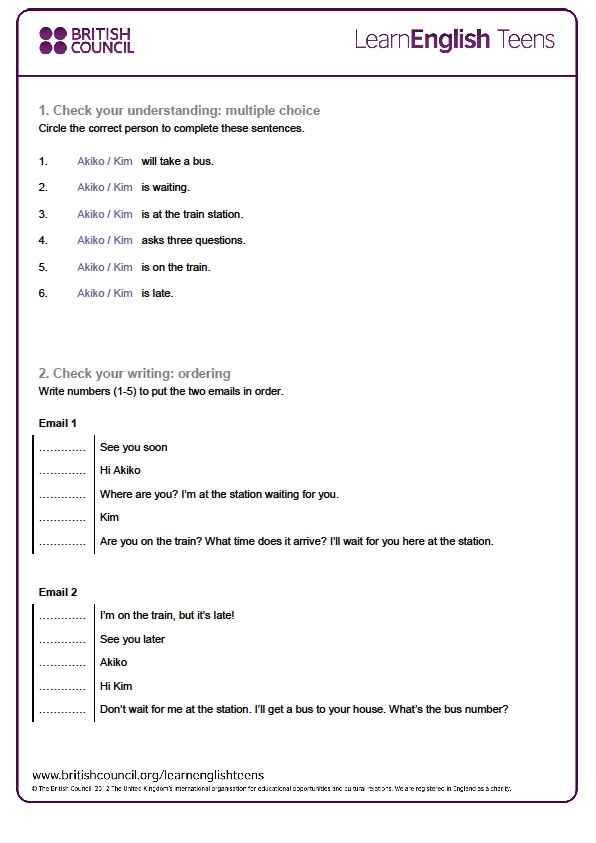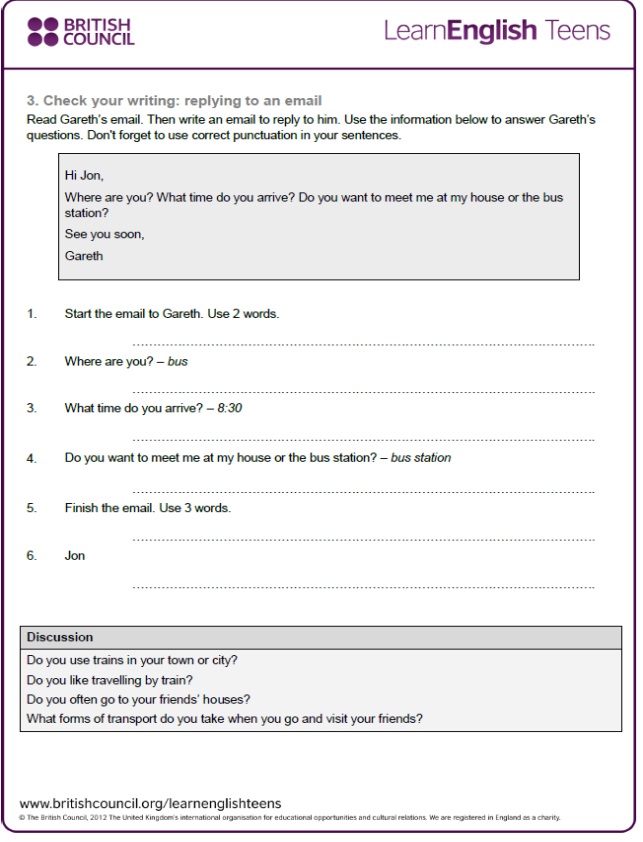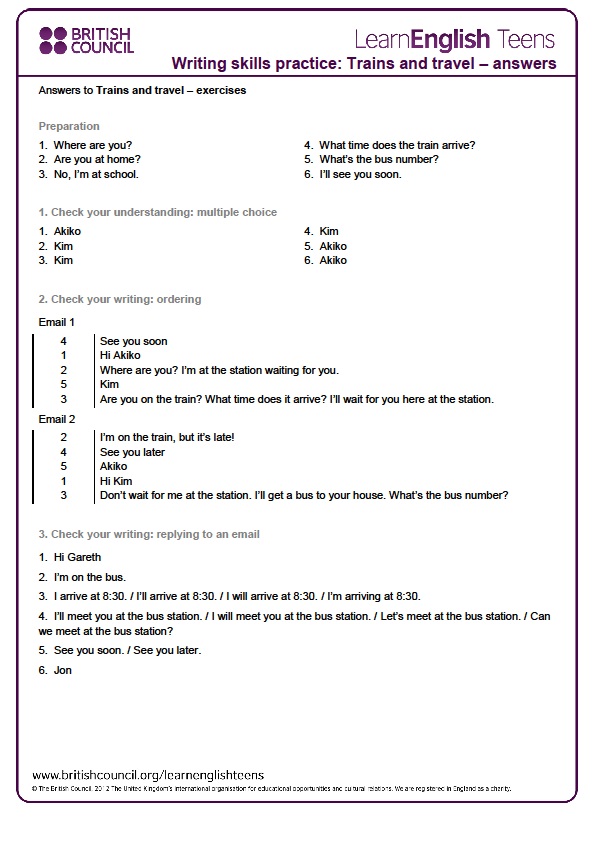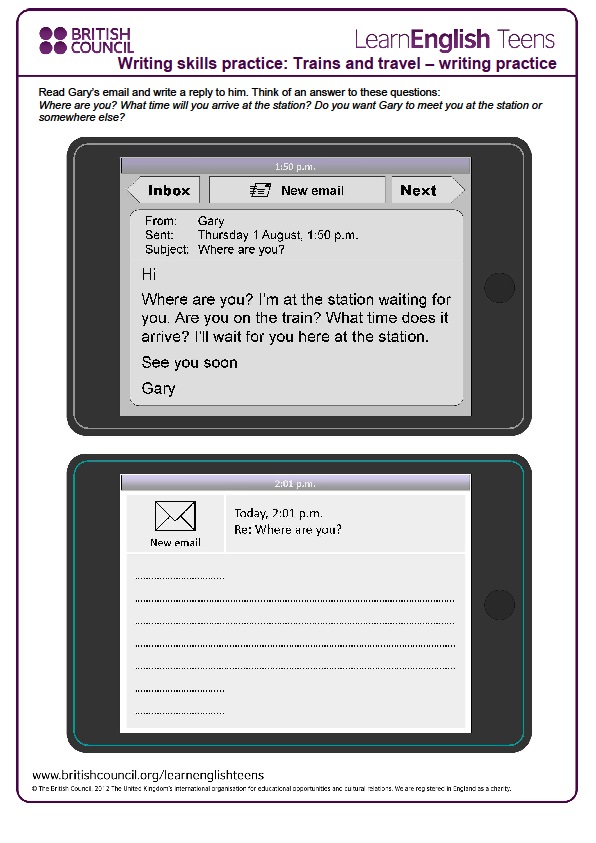Навколо Світу
Міністерство освіти і науки України
Львівський національний університет імені Івана Франка
Педагогічний коледж
Циклова комісія викладачів
іноземних мов
Олена Гуляйгородська
Навколо світу
Львів – 2014
Міністерство освіти і науки України
Львівський національний університет імені Івана Франка
Педагогічний коледж
Циклова комісія викладачів іноземних мов
Олена Гуляйгородська
Навколо Світу
(методичні рекомендації)
Львів
«Малий видавничий центр»
2014
Навколо світу [методичні рекомендації] [Олена Гуляйгородська] / – Львів: Малий видавничий центр, 2014. – 50с.
Методична розробка призначена для студентів 1-го курсу спеціальності «Початкова освіта» та містить відомості про культуру спілкування в англомовних країнах. Розроблені завдання сприяють формуванню усної та писемної мовленнєвої компетенції студентів. Методична розробка пропонує завдання для самостійної роботи, а також дидактичні матеріали.
Розглянуто на засіданні циклової комісії викладачів іноземних мов
Протокол № ____ від ______________ 2014р.
Схвалено на засіданні методичної ради Педагогічного коледжу Львівського національного університету імені Івана Франка
Протокол № ____ від _____________ 2014р.
ЗМІСТ
Передмова………………………………………………….…….. 3
Reading Text 1 Travelling………………………………..….4
Text 2 Languages……………………………….……5
Text 3 Southampton ………………………………10
Text 4 About Your Town …………………………11
Dialogues ………………………………………………………… 13
Instructions…………………………………………………..20
Glossary…………………………………………………………….21
Activities Worksheets…………………………………….…..23
Reference List ……………………………………………………50
Передмова
Розвиток міжнародних відносин сприяє поширенню інтересу до сучасних форм та засобів ділового спілкування. Необхідність вивчення проблем ділової комунікації обумовлена ростом міжкультурних зв’язків в сучасному світі, що приводить до інтенсифікації інформаційного обміну в сфері професійної діяльності. Ведення ділової комунікації вимагає певного рівня комунікативної компетенції.
Мета курсу «Практика усного і писемного мовлення» – навчання студентів усному й писемному діловому спілкуванню англійською.
Основними завданнями курсу є ознайомлення студентів із загальнотеоретичними питаннями ділового спілкування, формування практичних навичок і вмінь, необхідних у спілкуванні з представниками інших культур; навчання написанню ділових листів, оголошень, буклетів, повідомлень, листівок англійською мовою.
У методичній розробці подано тексти та завдання комунікативного характеру до теми «Навколо світу». Дана методрозробка інформує студентів про бар’єри міжкультурної комунікації та шляхи їх подолання; мовний етикет носіїв англійської мови; лексико-граматичні особливості телефонного ділового спілкування та написання листівок.
Text 1 Travelling
Ex. 1 Read the text carefully and complete the missing sentences: 1-5.
People have been travelling for thousands of years. 1. Such journeys used to take days or even months. Nowadays there is a wide range of means of transport. How we get round depends on how far we travel and how much time and money we have. In towns and cities, where distances are not so big, we can cycle, take a bus travel by train, travel by underground or drive a car. In the USA, cars are a symbol of freedom and the most popular means of transport. 2. Others travel by bus and they do not worry about buying petrol or finding a parking place. 3. But the most ecological and healthiest way of travelling, especially popular with many teenagers, is by bicycle. More and more young people use their bikes to get to their schools, do shopping or just ride for pleasure. 4. Every day passenger planes cover thousands of kilometers in several hours while carrying people to their holiday destinations or even to their jobs. 5. It is really true that our world has become a global village. The only questions we still ask ourselves are: How will we travel in another fifty years? Will we invent new means of transport?
- Travelling long distances is not a big problem any more.
- Some big cities like London or New York have underground systems, which are the fastest way to get to and from work.
- In big countries having a car is a necessity, and most people think life without cars would be impossible now.
- In the pat people covered long distances mostly on foot, on horseback and by ship.
- In this way we save time.
Ex.2 Answer the questions.
- How did people travel hundreds of years ago?
- How long did such journeys last?
- Why do so many people in the USA travel by car?
- What is the quickest way to get round in big cities?
- Why is the world called a global village?
Ex. 3 What is your favourite means of transport? Give some reasons why. Record yourself.
DID YOU KNOW?
Double-decker – In London, buses which have two floors are called double-deckers.
The Tube – is another name for the London underground.
Text 2 Languages
Read the text about languages in the UK then do the exersize to check your understanding.
How many languages can you speak? British people are generally not very good language learners. In a recent survey, 62% of the population only speak English!
If you’re reading this, then you’re probably studying English. Maybe you speak a couple of other languages too. What are the British like when it comes to learning languages?
Statistics
Brits are famous for not speaking foreign languages. According to a survey published by the European Commission, this bad reputation is totally justified. The results of the survey state that the British are officially the worst language learners in Europe! Let’s look at some statistics:
- 62% of people surveyed can’t speak any other language apart from English.
- 38% of Britons speak at least one foreign language, 18% speak two and only 6% of the population speak three or more.
- The European Union average showed that 56% speak at least one foreign language, 28% speak at least two and 11% speak three or more. The survey confirmed that English was the most widely-spoken foreign language. 51% of EU citizens can have a conversation in English.
School
Learning a foreign language is not a popular option at school in Britain. In UK schools it is common for children to start studying a foreign language at the age of 11 and many students give up languages completely at 14. So why don’t young people continue with languages at school? Research suggests that students think that it is more difficult to get good grades in languages than in other subjects such as science or history. The British government is now looking at different ways to improve language learning at school. One idea is to start much younger; there are plans to introduce foreign languages from the age of 5.
Which languages?
Another plan is to give school children more choice. The languages traditionally studied in British schools have been French, Spanish and German. Now the government is encouraging teachers to expand the range of languages taught to include Arabic, Mandarin and Urdu.
Mandarin Chinese is predicted to become the second most popular foreign language learned in UK schools. It is already studied by more children than German or Russian. Only French and Spanish are more popular. Gareth from Wales says ‘I am learning Chinese, and find it fun.’ Another student, Thomas from London, says ‘Just telling people that I learn Mandarin impresses people. Even having a very basic level gives you an advantage.’ Brighton College has become the first independent school to make Mandarin a compulsory foreign language. Its headmaster Richard Cairns said, ‘One of my key tasks is to make sure pupils are equipped for the realities of the 21st century. One of those realities is that China has the fastest-growing economy in the world.’
It may be an ambitious task to change the Brits’ attitude to learning languages but the government is determined to try!
Ex.1 Check your understanding: true or false
Write True or False for these sentences.
1. The British are good at learning languages.
2. A lot of British school children stop learning languages when they are 14.
3. The British government wants children to start learning a foreign language at the age of five.
4. British children only study French at school.
5. There are plans to offer more languages at school.
6. Many people are interested in learning Mandarin Chinese.
Ex.2 Match the two sentences halves and write a-h next to the number 1-8.
1. …The results of the survey state that the British are officially
2. … The survey confirmed that English was
3. … It is more difficult to get god grades
4. … One idea is to start
5. … Mandarin Chinese is predicted to become
6. … It’s not as difficult
7. … Only French and Spanish are
8. … China has
a. the most widely-spoken language.
b. in languages than any other subjects.
c. as I thought it would be.
d. more popular than Mandarin Chinese.
e. the fastest-growing economy in the world.
f. much younger.
g. the second most popular foreign language learned in UK schools.
h. the worst language learned in Europe.
Ex. 3 Circle the best answer for these sentences.
1. We need to start teaching languages much younger/much more younger.
2. Most/More people learn French than Japanese.
3. Are Brits really the worst/the bad language learners in the world?
4. What’s more difficult/the most difficult thing about learning a language?
5. Is Chinese more popular/the more popular than German at your school?
6. My teacher says that Spanish is easier than/more easy than English.
7. Arabic is not as difficult as/not as difficult than Chinese.
8. German is useful than/ as useful as French, isn’t it?
Ex. 4 Answer the questions.
1. How many languages can you speak? Do you like learning English?
2. What is the easiest and the most difficult thing about learning English?
3. How important is it for you to speak foreign languages?
4. Do many foreigners speak your language?
5. Do you think your language is easy to learn? Why? Why not?
Answers Languages
Ex.1
1 false 2 true 3 true 4 false 5true 6 true
Ex. 2
1h 2a 3b 4f 5g 6c 7d 8e
Ex. 3
1 much younger 5 more popular
2 More 6 easier than
3 the worst 7 not se difficult as
4 the most difficult 8 as useful as
Text 3 Southampton
City • Country • Hampshire • South of England 70 miles from London • Population: 250,000
Southampton is a port. The ship the ‘ Mayflower’ (1620) and the ‘ Titanic ‘ (1912) sailed from Southampton docks. The ‘ Mayflower ‘ took the first English emigrants to North America. There’s a ‘ Mayflower ‘ memorial, and there are two ‘ Titanic ‘ memorials in the city. Southampton still has some city walls, and the old city gate (Bargate), but it’s also a modern city. There are two universities, there shopping malls, two multiplex cinemas, two theatres, several international hotels, a marina, and an international airport. West Quay Shopping Centre is the largest city-centre mall in the south of England. There’s an art gallery, and there are several museums. Southampton FC is the local football club, and it has a modern stadium. Cruise ships depart from the docks. Southampton hasn’t got a cathedral and it hasn’t got a major concert hall. There aren’t any beaches in Southampton.
1 Read again, and underline ten places.
stadium, docks
2 Ask and answer.
How many theatres are there?
How many shopping malls are there?
How many multiplex cinemas are there?
How many universities are there?
How many museums are there?
3 Choose the correct words.
- Is (it / there) an international in Southampton?
- Are there (any / a) shopping malls?
- There (isn’t / aren’t) a cathedral.
- There (is / are) two theatres.
- There are (two / any) multiplex cinemas.
- There are (many / several) museums.
4 Chose your books. Ask your partner five questions about Southampton.
Text 4 About Your Town
Corfe Castle is a small village in the country. The population is about 1,500. It’s very old. It’s busy. There’s nowhere to park in the tourist season. There are several pubs and some tea shops. There’s a small museum. There aren’t many shops. There isn’t a supermarket or a cinema. There’s nothing to do in the evenings. It’s a beautiful place, but it’s boring for young people.
- Read about the village of Corfe Castle in England.
- How many true sentences can you make about your town? Use these words.
Cinema supermarket football stadium beach theatre concert hall church cathedral shopping mall shop park factory airport
- Tick (√) the adjectives that describe the place where you live.
large small old modern busy quiet important beautiful
- Now talk about the place where you live. What are the good things? What are the bad things?
Culture: ages
13 get a part-time job
16 leave school
get a full-time job
join the army, navy or air-force
get married with your parents’ permission
ride a motorbike (under 50 c.c.)
buy cigarettes
- drive a car
- get married without permission
buy alcohol
vote in elections
buy a house
see any film
21 drive a truck (HGV or heavy goods vehicle)
be an MP (Member of Parliament)
Look at the list of ages for Britain. Ask and answer.
* At what age can you buy alcohol in Britain?
– In Britain, you can buy alcohol at eighteen.
In the USA, you can’t buy alcohol until you are twenty-one.
Make sentences about your country.
In my country you can buy cigarettes at…
Hotel Dialogues
Below are some typical dialogues between a hotel receptionist at The Grand Woodward Hotel and a guest. Here you will find typical conversations that deal with making reservations, checking in and also checking out.
Making Reservations
Receptionist: Good morning. Welcome to The Grand Woodward Hotel.
Client: Hi, good morning. I’d like to make a reservation for the third weekend in September. Do you have any vacancies?
R: Yes sir, we have several rooms available for that particular weekend. And what is the exact date of your arrival?
C: The 24th.
R: How long will you be staying?
C: I’ll be staying for two nights.
R: How many people is the reservation for?
C: There will be two of us.
R: And would you like a room with twin beds or a double bed?
C: A double bed, please.
R: Great. And would you prefer to have a room with a view of the ocean?
C: If that type of room is available, I would love to have an ocean view. What’s the rate for the room?
R: Your room is five hundred and ninety dollars per night. Now what name will the reservation be listed under?
C: Charles Hannighan.
R: Could you spell your last name for me, please?
C: Sure. H-A-N-N-I-G-H-A-N
R: And is there a phone number where you can be contacted?
C: Yes, my cell phone number is 555-26386.
R: Great. Now I’ll need your credit card information to reserve the room for you. What type of card is it?
C: Visa. The number is 987654321.
R: And what is the name of the cardholder?
C: Charles H. Hannighan.
R: Alright, Mr. Hannighan, your reservation has been made for the twenty-fourth of September for a room with a double bed and view of the ocean. Check-in is at 2 o’clock. If you have any other questions, please do not hesitate to call us.
C: Great, thank you so much.
R: My pleasure. We’ll see you in September, Mr. Hannighan. Have a nice day.
Checking-In
Hotel: Good afternoon. Welcome to the Grand Woodward Hotel. How may I help you?
Guest: I have a reservation for today. It’s under the name of Hannighan.
Hotel: Can you please spell that for me, sir?
Guest: Sure. H-A-N-N-I-G-H-A-N.
Hotel: Yes, Mr. Hannighan, we’ve reserved a double room for you with a view of the ocean for two nights. Is that correct?
Guest: Yes, it is.
Hotel: Excellent. We already have your credit card information on file. If you’ll just sign the receipt along the bottom, please.
Guest: Whoa! Five hundred and ninety dollars a night!
Hotel: Yes, sir. We are a five star hotel after all.
Guest: Well, fine. I’m here on business anyway, so at least I’m staying on the company’s dime. What’s included in this cost anyway?
Hotel: A full Continental buffet every morning, free airport shuttle service, and use of the hotel’s safe are all included.
Guest: So what’s not included in the price?
Hotel: Well, you will find a mini-bar in your room. Use of it will be charged to your account. Also, the hotel provides room service, at an additional charge of course.
Guest: Hmm. Ok, so what room am I in?
Hotel: Room 487. Here is your key. To get to your room, take the elevator on the right up to the fourth floor. Turn left once you exit the elevator and your room will be on the left hand side. A bellboy will bring your bags up shortly.
Guest: Great. Thanks.
Hotel: Should you have any questions or requests, please dial ‘O’ from your room. Also, there is internet available in the lobby 24 hours a day.
Guest: Ok, and what time is check-out?
Hotel: At midday, sir.
Guest: Ok, thanks.
Hotel: My pleasure, sir. Have a wonderful stay at the Grand Woodward Hotel.
Check-out / Getting to the airport
Hotel: Did you enjoy your stay with us?
Guest: Yes, very much so. However, I now need to get to the airport. I have a flight that leaves in about two hours, so what is the quickest way to get there?
Hotel: We do have a free airport shuttle service.
Guest: That sounds great, but will it get me to the airport on time?
Hotel: Yes, it should. The next shuttle leaves in 15 minutes, and it takes approximately 25 minutes to get to the airport.
Guest: Fantastic. I’ll just wait in the lounge area. Will you please let me know when it will be leaving?
Hotel: Of course, sir. Oh, before you go would you be able to settle the mini-bar bill?
Guest: Oh yes certainly. How much will that be?
Hotel: Let’s see. The bill comes to $37.50. How would you like to pay for that?
Guest: I’ll pay with my Visa thanks, but I’ll need a receipt so I can charge it to my company.
Hotel: Absolutely. Here we are sir. If you like you can leave your bags with the porter and he can load them onto the shuttle for you when it arrives.
Guest: That would be great thank you.
Hotel: Would you like to sign the hotel guestbook too while you wait?
Guest: Sure, I had a really good stay here and I’ll tell other people to come here.
Hotel: That’s good to hear. Thank you again for staying at The Grand Woodward Hotel.
Transportation
Joyce: Shall we take a taxi or a bus to the meeting?
Bill: We’d better take a bus, it’s almost impossible to find a taxi during rush hour.
Joyce: Isn’t that a bus stop over there?
Bill: Yes… Oh, oh! There’s a bus now. We’ll have to run to catch it.
Joyce: OK…. Oh, no! We just missed it.
Bill: Never mind. There’ll be another one in ten minutes.
LANGUAGE NOTES
Shall we…? = Do you think we should…? (Will is never used for this meaning.) Take a taxi or a bus…? Notice the rising intonation on taxi and falling intonation on bus in this “or” sentence.
We’d better… = We ought to . . .; It would be wise to…..
Rush hour = the time of day when most people are going to or from work and therefore the traffic is heaviest. In most American cities, rush hour is from seven-thirty to nine in the morning and from about five to six-thirty in the evening. Notice that RUSH hour is a compound noun, with the principal stress on the first word.
Isn’t that…? The negative question expresses an expectation of an affirmative answer. Bus stop is a compound noun, with the principal stress on the first word.
Oh, oh! An exclamation expressing alarm or sudden caution. Notice the high-to-low intonation.
Oh, no! An exclamation expressing sudden disappointment, shock, or discouragement. Notice the emphatic stress and intonation. We just missed it = We arrived a moment too late to catch the bus.
Never mind = It doesn’t matter; don’t concern yourself.
Taking a Vacation
David: Did you say you’re going to take a vacation next month?
Ruth: Yes, my family and I are going to New York for a week. We want to visit the museums and see some plays.
David: I envy you. I haven’t had a vacation for a long time, I wish I could get away for a while.
Ruth: You can take a vacation sometime soon, can’t you?
David: No, there’s too much work to do. Maybe next year, though.
LANGUAGE NOTES
Did you say you’re going to…? This could also be past tense: Did you say you were going to…? However, the present form (you’re) seems more natural.
My family and I are going to New York. Notice that this going to is the verb go followed by the preposition to. The going to in the line above is the future marker, which is normally said with weak stress, as here.
I wish I could … Note the required past tense (could) after wish.
Can’t you? The rising intonation indicates that this is a veritable question, requiring an answer.
There’s too much work to do. Other examples of this pattern: There’s too much equipment to carry. There are too many papers to correct. There are too many people to see. There’s not enough food to eat. There isn’t enough work to do. There aren’t enough courses to take.
Asking Directions
Marilyn: Excuse me. Could you tell me which way Dobson’s bookstore is?
Nancy: Yes, it’s that way. You go two blocks, then turn left. It’s on the comer opposite the post office.
Marilyn: Thanks. I’ve only been in town a few days, so I really don’t know my way around yet.
Nancy: Oh, I know how you feel. We moved here a year ago, and I still don’t know where everything is.
LANGUAGE NOTES
Could you tell me…? An alternative (and slightly softer) version of Can you tell me…? Which way Dobson’s bookstore is. Notice that in the “indirect question” the subject precedes the verb—the reverse of the word order in the direct question (Which way is Dobson’s bookstore?).
Post office. A compound noun, with the principal stress on the first word.
I… don’t know my way around = I don’t know how to find things or 1 don’t know how to go to various places.
I know how you feel. Notice how the “indirect question” (how you feel) differs from the direct question (How do you feel?): it has the word order of a statement rather than of a question—the subject wholly precedes the verb, and the interrogative do is omitted. I don’t know where everything is. Again, an “indirect question” (where everything is) has the word order of a statement, with subject preceding the verb, rather than of the corresponding direct question (Where is everything?).
Instructions
- Label the signs with words.
Be careful. Don’t smoke. Turn right. Don’t turn left.
Turn left. Don’t eat or drink. Don’t drop litter. Stop.
- Match the opposites.
- Come in. Turn it off.
- Stand up. Pull.
- Turn it on. Be quiet.
- Open your book. Go out.
- E. Put it down.
- F. Take your coat off.
- Pick it up. Close your book.
- Put your coat on. Sit down.
Glossary
Towns and cities
Places in a town/city
airport
harbour
railway station
bus station
art gallery
museum
castle
cathedral
mosque
synagogue
park
sports/leisure centre
swimming pool
old town centre
town/city hall
shopping centremall (AmE)
university
words to describe towns /cities
beautiful
historic
important
industrial
thriving
fashionable
growing
large
small
ancient
old
modern
cheap
expencive
phrashes to describe relative size and location
a bit bigger than
smaller than
about the same size as (not that) close to near
right next to
part of
on the (name of river)
not far from
Reference List
Mann M., Taylore-Knowles S. (2008). Destination B1: Grammar and Vocabulary with Answer key. Macmillan Publishers Limited, 256 р.
Mann M., Taylore-Knowles S. (2008). Destination B2: Grammar and Vocabulary with Answer key. Macmillan Publishers Limited, 254 р.
Mayor M. (2009). Dictionary of Contemporary English. 5th edition. Longman, 2112 c.
McCarthy, M., O’Deil, F. (2010). Academic Vocabulary in Use. Cambridge: CUP, 176 p.
Redman, Stuart. (2003). English vocabulary in use Pre-intermediate and Intermediate / S. Redman. Cambridge, 269 р.
Swan M. (2005).Practical English Usage. Oxford University Press, 688 р.
Vince M. (2009). First Certificate language practice: English Grammar and Vocabulary (with key) (4th ed.) Oxford: Macmillan education, 344 р.
Vince M., Sunderland P. (2003). Advanced Language Practice (with key). English Grammar and Vocabulary. Macmillan Publishers Ltd., 336
http://worldtop20.org/
http://www.wes.org/
http://www.nafsa.org/
http://learnenglish.britishcouncil.org/en/


